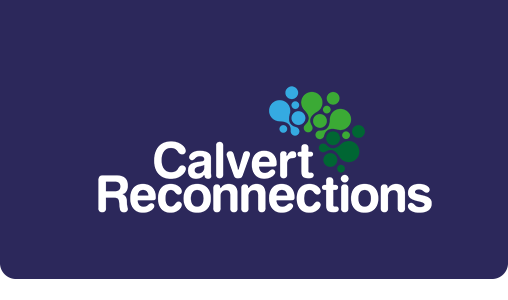Removing barriers to the great outdoors
The benefits to our physical and mental wellbeing through spending time and exercising in the outdoors, have started to become more widely recognised by both academic research and the general public. People appear to have become more aware of the value of the outdoors and subsequent impact on their wellbeing especially during the Covid 19 lockdown. We never knew how much we valued it until it was limited to an hour a day! The smell of the earth, the sound of the birds and just taking a moment to revel in the splendour of it all. Now these limitations have been eased slightly many have flocked back into the great outdoors and reaped the benefits immediately. It’s like greeting an old friend and picking up just where you last left off. But with this increased appreciation of the outdoors and recognition of its true value I’m sure we can all agree that everyone has a right to connect with nature and the outdoors, experience and enjoy it in every way. But I would like us to consider can everyone access the outdoors and experience its benefits?
Some of the barriers preventing people from sharing in these fantastic outdoor experiences are shared by everyone, whilst others are specific to particular sports, geographical areas or groups of people in our society. These barriers take many forms: a difficulty accessing natural environments (particularly for people living in urban environments); a lack of role models or feelings of exclusion and stigma around what people can do, to name a few.
Thankfully in some areas we are staring to have the right conversations and consider how we can address these issues. The Black Lives Matter movement has prompted reflection on racial inclusion and inequality. Inland Waterways and Public Access to the Countryside was debated in the House of Lords recently too. Of particular relevance to Calvert Reconnections, the Brain Injury Task Force being developed by Michael Gove provides an excellent opportunity for us to start discussing how we can overcome the barriers for ABI survivors to have increased access to outdoor experiences and share in these benefits that most of us, after lockdown, have been able to recognise and appreciate.
As with all these big issues there is no easy solution, but at this time of great change, we can ask the right questions, challenge our thinking and aim to provide access to outdoor experiences for all. To quote the Calvert Motto “it’s what you can do that counts.”
Rob White, Head Rehab Coach, Calvert Reconnections
